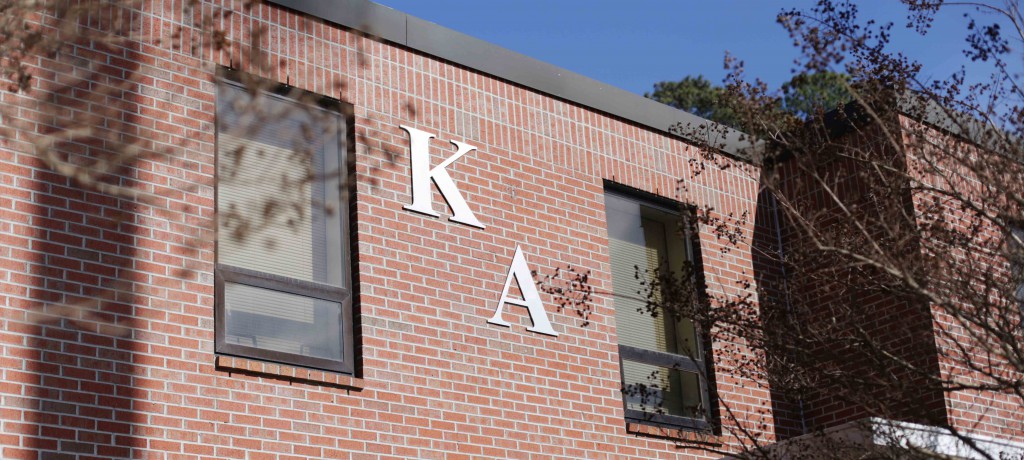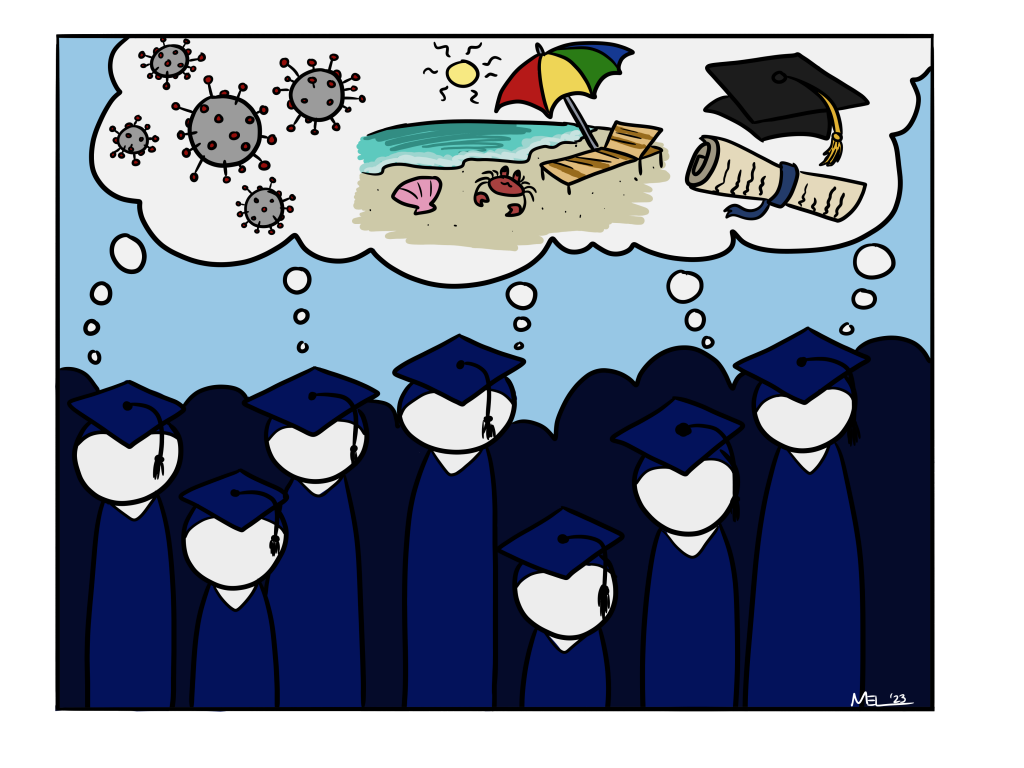Virginia Wesleyan will be establishing a Center for Career Development and Neurodiversity on campus.
The center is made possible by a $625,000 grant, proposed by Jules Edwards and Meghan Ashburn, co-authors of “I Will Die On This Hill: Autistic Adults, Autism Parents, and the Children Who Deserve a Better World.”
According to a VWU press release, “The center aims to empower participants to transition successfully into the workforce.”
Edwards added her view of the center’s mission. “Part of the ultimate goal is to increase workplace inclusion [and] increase employment rates for neurodivergent people,” she said. “So often neurodivergent kids are excluded. I’m sure there’s other programs that are segregated and especially for disabled people, autistic or neurodivergent. But that’s not inclusive; that’s not going to get somebody where they want to be in their career necessarily.”
Her motivation behind the proposal of the center was inspired by her experience with neurodiversity. “I’m a parent of autistic people, and I am autistic myself and I struggled in higher education,” Edwards said. “I needed support that didn’t necessarily exist at the time, but I also wasn’t able to identify what support that I needed.”
In addition to this, Edwards said that her motivation is so that, “not only my children, but everybody else’s kid and every other kid who doesn’t even necessarily have a family to fight for them, can get what they need.”
David Black, chancellor of Virginia Wesleyan’s Global Campus, assisted in writing the grant application. He explained his motivation for the project.
“The successful stories at VWU with increasing community members who are autistic convinced us that we should increase services proportionally to the increase,” Black said.
Black elaborated on the plan for the center. “What we are calling a ‘center’ will actually be a number of support services distributed across campus, in off-campus courses and at internship locations,” he said.
As far as services on campus with the center, it “would likely add about five additional autistic students in entering classes on campus,” Black said.
Edwards explained that with this center, it is expected that neurotypical students will benefit just as much, enhancing an inclusive learning environment. “Neurotypical students and abled students lose out by the exclusion of disabled students when disabled students are pushed into segregated classrooms, self-contained classrooms,” she said.
Without an inclusive learning environment, Edwards added that “the neurotypical students lose the opportunity to learn that there are other ways of existing. And it really embodies teaching kids how to be ableist because they don’t learn how to be anti-ableist. They don’t have that opportunity.”
Senior and President of the Disabled Students Union Oliver Chauncey provided his view on the center. “I think that being able to cater specifically to neurodivergent needs is going to vastly help neurodivergent students, because the timing is different in high school—you’re going from a completely structured environment to an unstructured one,” Chauncey said.
Ashburn mentioned that she has seen similar work done at other universities. “Jules and I have attended several workshops and conferences with these universities that they think they are paving the way in terms of accessibility, and the things that we heard in those workshops is that it’s like, the bare minimum,” Ashburn said.
She explained that VWU already carries out what these other universities are attempting. “It’s things that Virginia Wesleyan does organically for all of their kids, not for neurodivergent kids, but for all of their kids,” Ashburn said.
Ashburn believes that the center should be a model for other universities to follow. “We want to inspire other universities,” she said.
Ashburn said that in the future, the goals of the center will hopefully continue. “We want to continue the work of the center at Virginia Wesleyan. So hopefully this will be an ongoing project,” Ashburn said. “And then we’ll be partnering with other universities and sharing what we’ve learned and inspire them to do the same type of work.”
Black echoed this prospect. “The soil here is so humane that building on existing strengths and culture will end up as an example to other universities, all of which enroll students who are autistic and can benefit from support while preparing for productive lives after college,” he said.
Edwards highlighted the value of Virginia Wesleyan University including neurodivergent individuals in the planning of the center. “A lot of those programs were designed by academics and people who have studied disability, but not necessarily disabled people themselves or neurodivergent people themselves,” she said.
Chauncey believes that every school should have similar resources. “I think this goes beyond what the ADA [American Disabilities Act] requires,” Chauncey said. “I’ve always viewed the ADA as base ground requirements and the fact that the school is going beyond what is necessary here to help students really shows how much they care about us and really shows innovation I think. I think other schools are going to be following suit.”
Chauncey elaborated on the integration of neurodivergent students utilizing the center. “I think that it’s going to be a really good step in integrating them into our college community,” he said.
In the words of Edwards, “Two things can be true, but so often people see somebody’s support needs and they don’t see their strength.” The center will push to support students in allowing their strengths to shine.
By Isaac Fick
ihfick@vwu.edu

